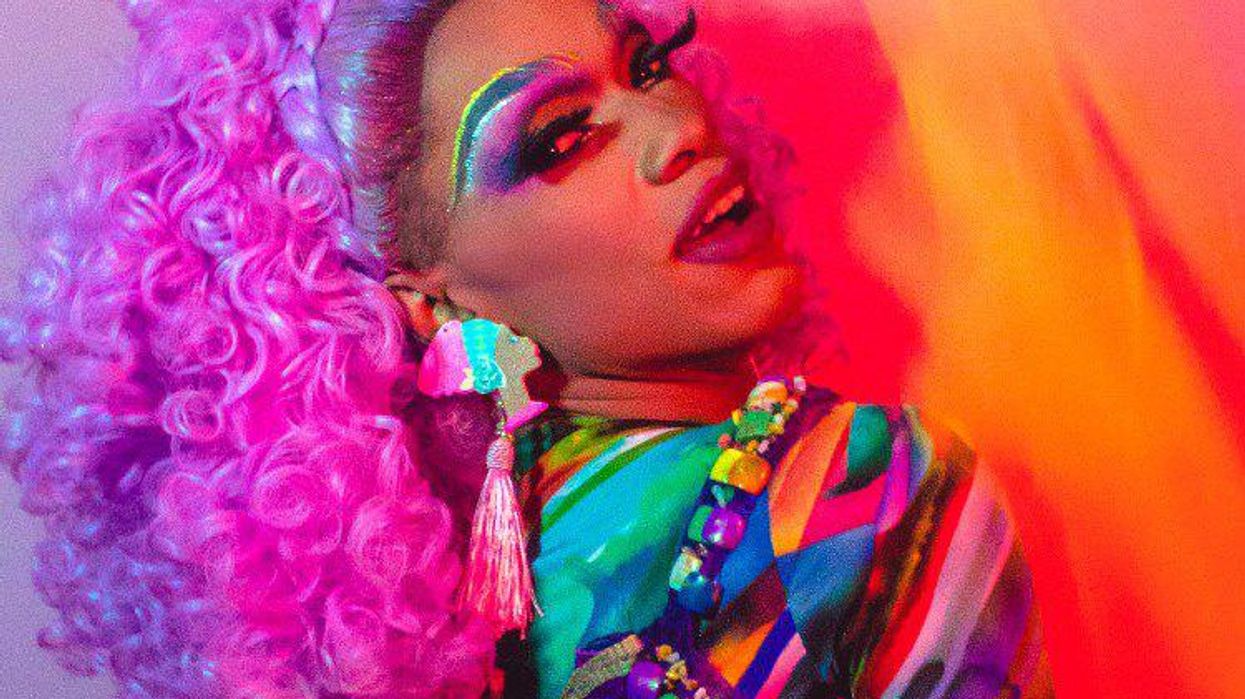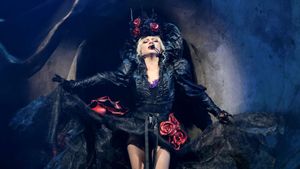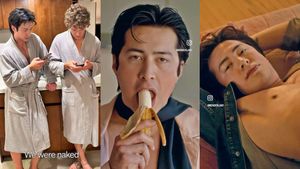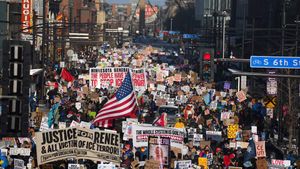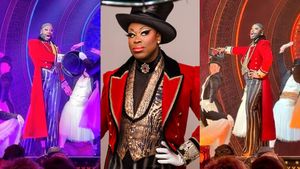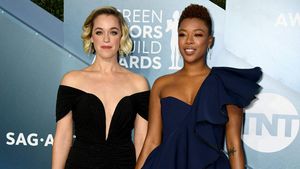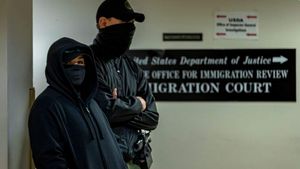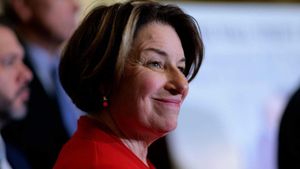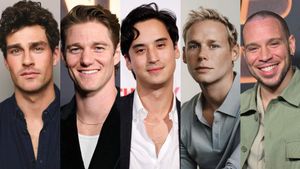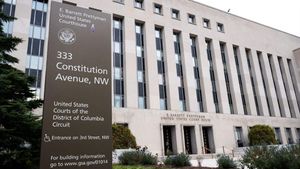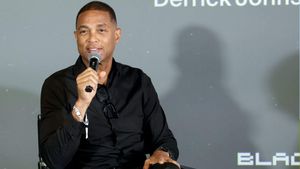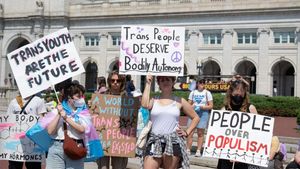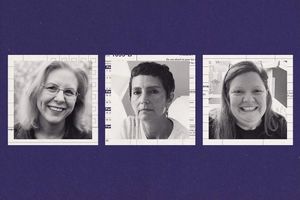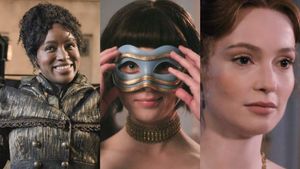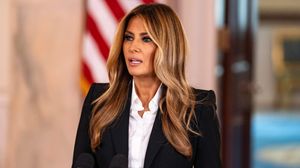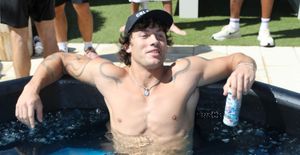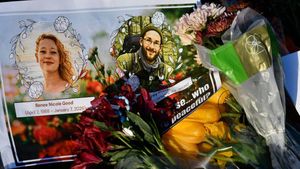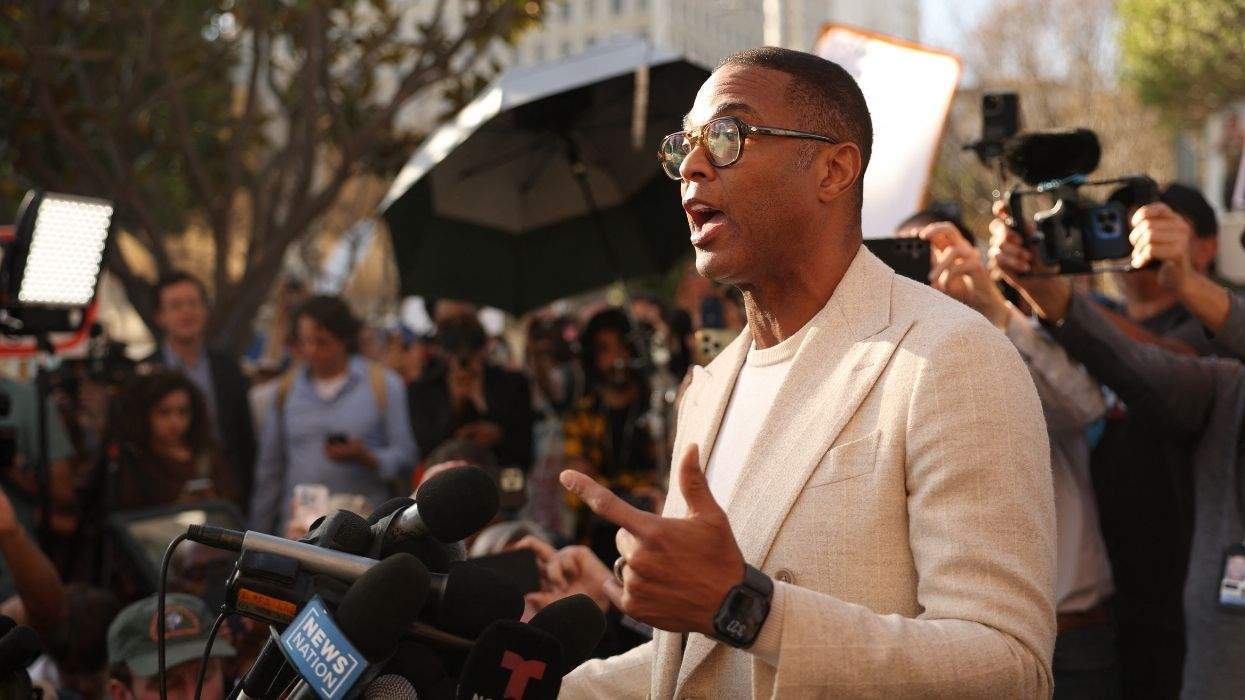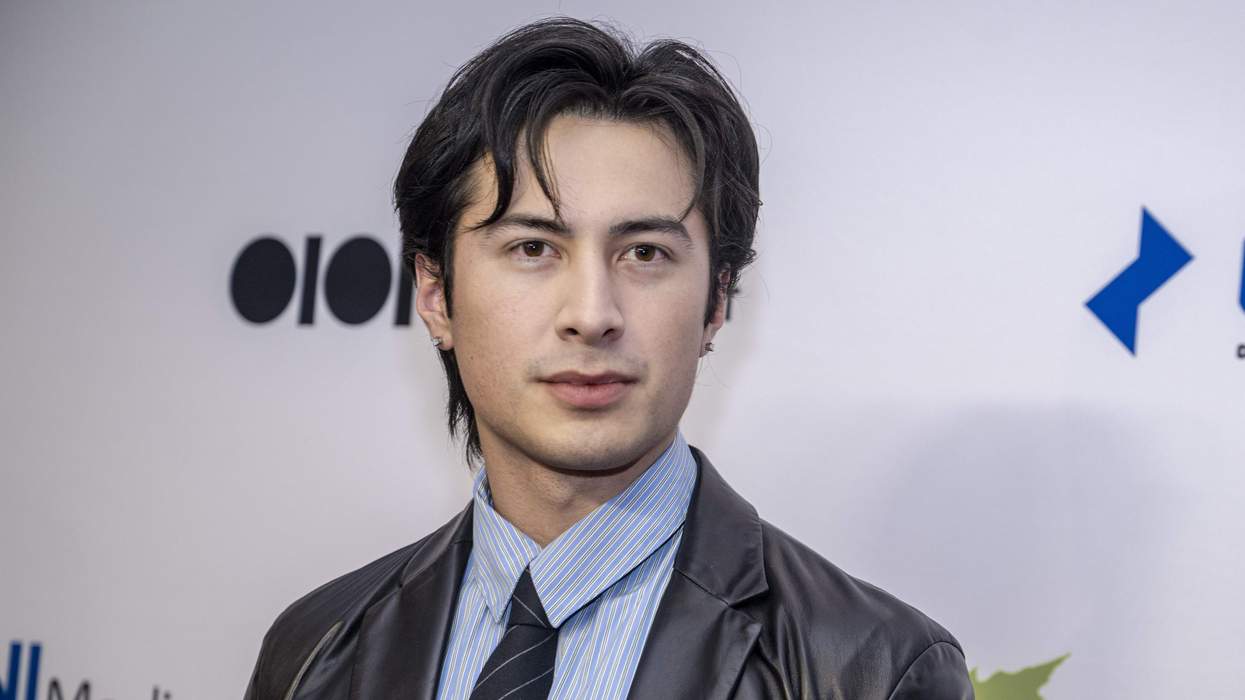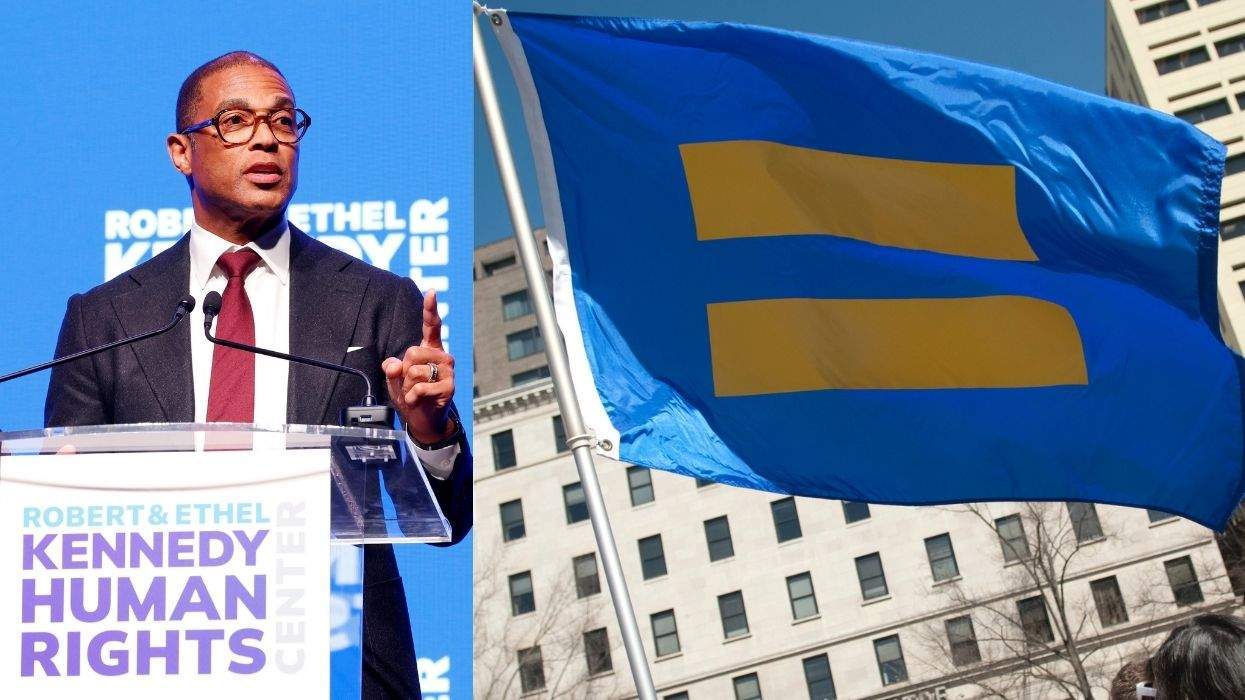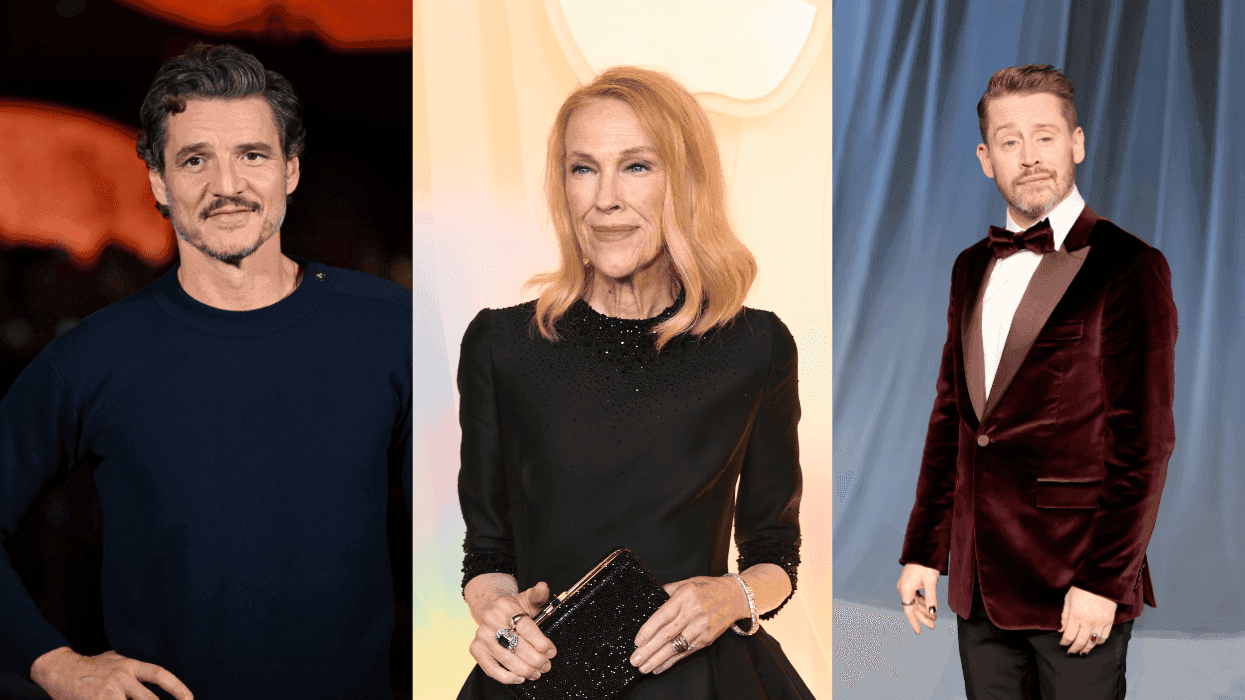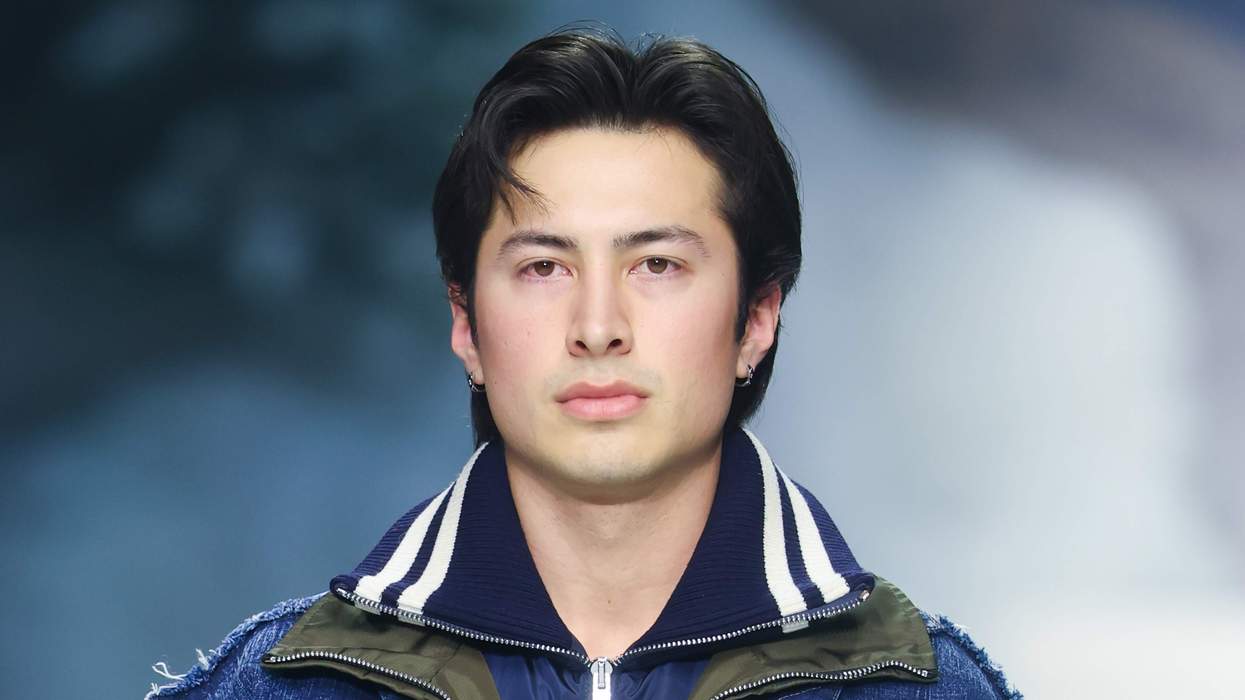Photo courtesy of Dave McMahon and The Vixen.
For the month of June, PRIDE is collaborating with prominent voices in the LGBTQ community to work as guest editors for the site—and this week's guest editor is RuPaul's Drag Race alum The Vixen!
After a controversial run on Season 10, The Vixen is one of the most talked about queens of the entire series. While she might have ruffled a few feathers, she has absolutely no regrets.
Every day this week, The Vixen will discuss topics like her run on Drag Race, Chicago, race, Black Girl Magic, and more. Today, she opens up about that Southside Trash incident and how it inspired her drag.
—
In Chicago, our gay neighborhood is called Boystown. When there was a Pride Parade, even at 16, I would come down and be at Boystown with my friends and we would just walk around. We wouldn't get into the clubs, but we were out, we were gay, we wanted to be somewhere where we felt safe to be out. Oftentimes, we would feel unwelcome.
You would just know that you didn't belong and people were looking at you strange. Or when the crowd control would ask us to move. Why are me and my group of six black friends the ones that have to cross the street? That type of thing always stood out to me.
Doing drag now and working in the bars, I'm known and they accept me but I'm still seeing it happen to other kids on the streets that actually look like me when I'm not in drag. That is very stressful and has always been the status quo, just kind of the way it was.
The year that the Pulse Shooting happened, I had probably eleven shows in seven days and was caput tired. The last show I did was at a club. There was this rapper from the southside of Chicago who had made a song and dedicated it to Pulse Nightclub. This is a straight, black male who came to do a song at a gay club for the gay community and donate all the proceeds to the gay community. His name was Vic Mensa.
We're from similar neighborhoods on the Southside. He has a Southside tattoo across his neck. Before the performance, we're in the green room talking about which high schools we went to and had a total, instant bond and a great time. I could not be more equally yoked with this guy. He gave a great performance and we both went on about our lives.
I wake up the next day to the post. A bartender's saying, "Oh, Southside trash ruined Pride." In Chicago, Southsiders are black. That's just a known thing. He even went on to say things like, "Lesbians ruined Pride," and "Straight women ruined Pride." Basically, anyone who wasn't a cis white male he was inferring wasn't welcome at Pride. I hadn't even got up out of bed and I was in full Facebook rant mode.
How dare you? Not only did I put in so much work for Pride, but here's another straight Southsider coming to do some good. I've literally seen with my own eyes how much Southsiders have contributed to Pride.
It was probably the first time that I was so fired up that I spoke without limiting myself and I was just finally unhinged and into my activist mode. Luckily, because I had worked in the community for so long, people listened to and respected what I have to say. The campaign actually was heard and got some good.
Afterwards, I literally put "Southside trash" on every t-shirt, leotard, anything I could wear. I had a leotard that said, "I can't breathe." I would do the simplest pop song number and still wear a Southside trash outfit. It didn't always have to be an in your face performance. I normalized the idea of showing that I was from the Southside. That was really great and then spiralled into the activism and drag activism that led me to making Black Girl Magic.
The next year I was at Pride, I was more intense. Every Pride parade float I'm on, I'm looking intently at every black person and smiling and making sure they felt welcome. I went in with so much more intention about the reason I was even at the Pride parade.
When I got off the float, there were these black girls waiting there just to hug me. I was like, "I'm going to cry."
When we do it in nightclubs, I was making sure to pull the black women in the audience on stage and do a free shot with them. That's something that I think you don't see. A lot of times these women are very surprised to be acknowledged at all in a gay club in a white neighborhood.
When you're black and gay, especially in a segregated city like Chicago, there's nowhere that you feel safe. The reason these kids are coming to the north side for the parade is because they want to feel safe, where they can express themselves as gay. They don't feel that in their neighborhoods. They come not looking to make any trouble but to share the safe haven that has been created for gay people in Chicago, in Boystown. And then they're not welcome. Well, where am I welcome? Where am I safe?
I'm either seen as a threat in a gay neighborhood or seen as a target in a black neighborhood.
Later in the day as the crowds drew in, you would see big groups and the police would come in and move them around and have like the lights flashing and the siren's going. You get uncomfortable because you see these large crowds of people of color and then you see police lights. And it dawns on me: this is an optics issue.
These people are just here to have a good time, but when you flash police lights on them and you blare the sirens and there's a news helicopter that goes over and sees that, to them it just looks like black people are in Boystown starting up trouble. Really, it's just they're there and then the police are there and then it creates a story that isn't even real.
That's what we see on the news. We see black people at a festival having a good time, then all it takes is some police lights and sirens to tell a completely different story.
Like I talked about on the show, it's creating this narrative that isn't true. I came here to have a good time.
Boystown in Chicago is blocks away from Wrigley Field where our baseball team plays. When the crowd gets drunk and they go around raiding, you don't see the same police presence or the police inserting themselves into those situations. They let them have their fun. Same for our Saint Patrick's Day parade. The white people get drunk, throw up in the street, have a good time and it's not as heavily policed, it's not interrupted, it's not covered in the news the same way. Things like that I think are the real problem.
Keep up with the rest of The Vixen's guest editor content all week on PRIDE, here!
